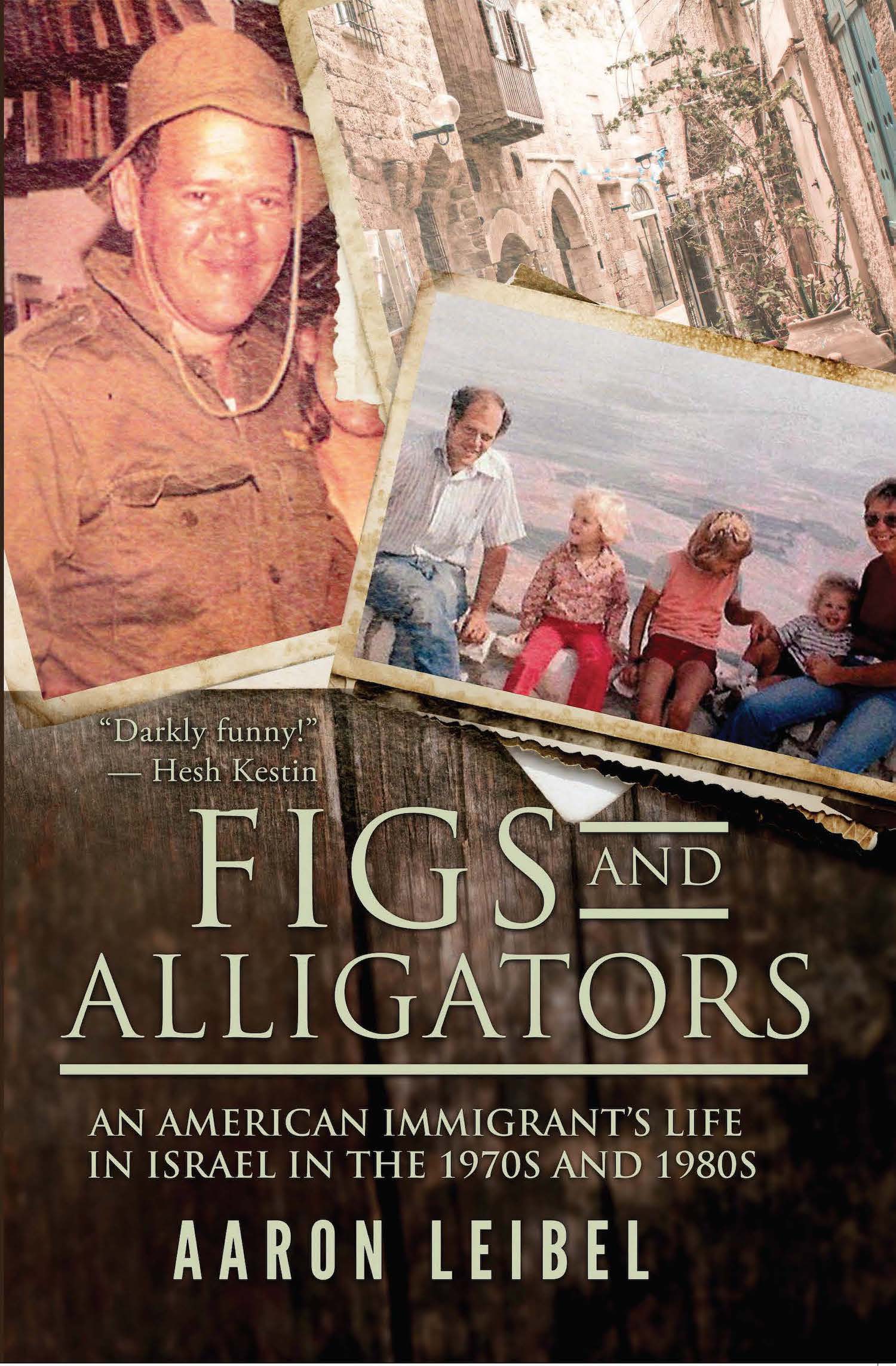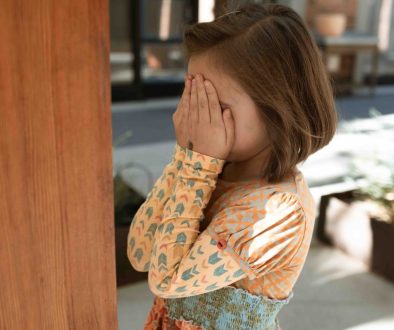Veteran Journalist Aaron Leibel Revisits Israel’s Past — and His Own

In 1972, Aaron Leibel uprooted himself and his family to move to Israel, making aliyah and fulfilling a dream for so many Jews. In the years since then, he has become a successful, veteran journalist, writing for newspapers such as The Jerusalem Post and Washington Jewish Week and has twice won Rockower Awards for Excellence in Journalism from the American Jewish Press Association. But as for aliyah, it was eventful, but it didn’t last forever. Today, Leibel is back in America. But his life as an Israel citizen, during some of the nation’s most eventful and precarious years, has now become Figs and Alligators, an acclaimed and entertaining memoir.
Figs and Alligators (the title refers to two confusingly similar Hebrew words) has already picked up impressive pre-publication acclaim. Kirkus Reviews calls the memoir, “a remarkable introduction to a complex country … brimming with historical drama,” Gershom Gorenberg, senior correspondent for The American Prospect, writes that “Figs and Alligators is a wonderful journey through the forgotten Israel of the 1970s and 80s, spiced with just the right mix of nostalgia and irony,” David Horovitz, editor-in-chief of the Times of Israel, calls the book “a warm and candid memoir,” and Hesh Kestin, author of The Wrong Jew and The Siege of Tel Aviv, writes, “For western Jews who dream of living in Israel, Aaron Leibel’s darkly funny near day-to-day account serves as both warning and invitation.
Leibel spoke to Audere recently about his new book.
Audere: Figs and Alligators tells the story of your life in Israel in the 1970s and ’80s. How did you and your wife decide to live there? Was this a tough decision?
Leibel: Ironically, my wife, Bonnie, was the first to suggest making aliyah, going to live in the Jewish state. Bonnie was born into a rural Protestant family, and she converted to Judaism in 1967, four years after we wed. According to ancestry.com, I’ve had only Ashkenazi Jewish ancestors for at least 500 years. But I was appalled when I heard her idea to move to Israel.
Why did she want to do it?

We became Zionists, which means we believe the Jewish people deserve a country of their own, like scores of other peoples in this world. For me, that was the deciding factor.
How did the kids handle the change?
They were simply too young to understand what was happening.
But the 1970s and 1980s were a time of wars and terrorist activities directed at the Jewish state. Weren’t you concerned about your family living in what was almost a war zone?
I was and I still am worried about our two daughters, their husbands and our five grandchildren who call Israel home. We lived through the Yom Kippur and first Lebanon war, the opening salvos of the First Intifada and many unspeakable acts of terrorism — especially during the four years we lived on Kibbutz Kfar Glad, about a mile from the Lebanon border.
But we also witnessed some very positive developments. We were living in Jerusalem when Egyptian President Anwar Sadat made his historic visit, leading to the first peace treaty between Israel and an Arab country. We saw Israeli leaders finally tame the runaway inflation that had ravaged the country. That led to a period of great, long-lasting prosperity.
And, on a personal level, we saw our daughters grow up to be proud Jewish women, a result I credit at least in part from growing up in Israel.
Were you or your family ever in danger?

One fact of life in Israel while we lived there and after we left has been the threat of terrorism. Our daughter Lauren — on a visit to my synagogue some 10 years ago — told a story that illustrated the dangers. When she was pregnant with her oldest child, she was feeling big and unattractive. So she took the time to put on lipstick and eye shadow, something she rarely does, before going to work. As a result, she missed her bus. Terrorists attacked that bus as it made its way to Mt. Scopus where she worked and was a student.
Why did you write this memoir?
I still write articles and review books for The Jerusalem Post and Washington Jewish Week. One day, while working in my home office, my mind wandered back to my life in Israel, and I began to type. I found that the more I did, the more I enjoyed the process, as the memories came flooding back.
Of course, you and your wife had to learn Hebrew.
It was full of hurdles, which we mostly surmounted with some hard work and a lot of laughter. We even coined a new language — Heblish —which may cause language purists to flinch, but, I hope, readers to smile.
You served in the Israel Defense Forces while living there?

Yes, I was in the IDF reserves for 14 years, meaning 35 days a year of service in not always pleasant surroundings. But I had some fascinating adventures while in the army, especially witnessing the work of a soldier-entrepreneur, whose spirit the Soviet Union had failed to squash. I also witnessed some low-level, unofficial international trade between Lebanon and Israel while serving on the border. And I experienced a depressing day guarding in a military court in the West Bank.
Why did you leave?
To put it in a nutshell, we financially imploded.
What do you miss about Israel?
I loved everyday life in the Jewish state —the food, TV, my work, the pace of life, the great feeling of solidarity with other Israeli Jews.
I hated our poverty. I think we made two correct decisions: going to live in the Jewish state. And leaving.
^^^
Figs and Alligators: An American Immigrant’s Life in Israel in the 1970s and 1980s, will be published by Chickadee Prince Books in 2021, and is available to order from Amazon in Kindle and paperback, Barnes and Noble, and at every local bookstore in the U.S. and Canada.



